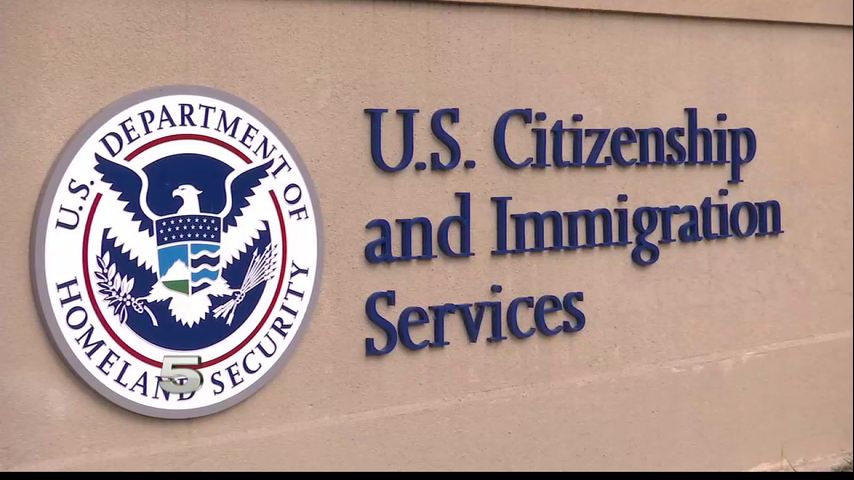High-Skill Visas Denied at Record Rate
WESLACO – Legal immigration for skilled foreigners is increasingly difficult to achieve.
A national report found the government is denying these kinds of visas at a record rate, and it's happening across the country including in Texas.
An investigation by Senior Data Journalist Sinduja Rangarajan of Mother Jones found the government is denying more people the chance to work or keep working in the U.S. through an H-1B visa. It started shortly after a Trump-era executive was signed.
In Houston, a man's job performance motivated his IT employers to ask the government to keep him in the U.S. longer by extending his H-1B visa. Those visas allows an immigrant to enter and work for a set amount of time in the United States. It was a renewal like any other, describes their attorney Haroen Calehr.
He recalled, "It was a normal, run-of-the-mill, very standard H1B application, and subsequently a massive request for additional evidence was issued that we timely responded to with, in our opinion, overwhelming objective evidence to overcome each and every element or reason that USCIS had enunciated in their request for additional evidence."
United States Citizenship and Immigration Services requested more evidence in his case. Calehr says they provided everything but still got denied the extension.
He says, "They were just going through the motions to make it appear that they were giving us the opportunity for due process when in actuality it was a foregone conclusion."
This is happening all over the country. That's what Rangarajan discovered in her eight-month investigation.
She explained, "H1B visas are usually used by computer programmers and software developers, so definitely that's an area that is definitely impacted. But, we've also found pathologists, architectural engineers, and product managers and all kinds of people being denied."
Rangarajan discovered that from 2015 to 2019 the rate of denial quadrupled from 3% to 12%. As that increased, so did lawsuits against USCIS.
Rangarajan summarized, "So, nearly 100 lawsuits were filed between 2017 and 2019, when the number would be a handful per year before that."
She traced the start of the trend to the executive order, Buy American, Hire American, signed by President Donald Trump in 2017.
USCIS later followed by creating memos to enforce it. In one, they instructed officers to "apply the same level of scrutiny when reviewing nonimmigrant visa extension requests even where the petitioner, beneficiary and underlying facts are unchanged from a previously approved petition. While adjudicators may ultimately reach the same conclusion as in a prior decision, they are not compelled to do so."
Officer began requesting more information even questioning whether the special skill was necessary in the job filled by the petitioner.
Rangarajan says, "they're saying many of these jobs probably don't require college degrees, and so why do we need to give these skilled immigrants visas for these jobs?"
Calehr's client fought back in federal court. When that happened, Rangarajan found that in 40-percent of those cases, USCIS decided to reverse its decision.
Yet, Calehr doesn't recommend filing a lawsuit in every case.
"If your client has a somewhat checkered background, or if your client does not have a slam-dunk, strong, viable H1B case, then litigation may not be the best option," Calehr cautions.
Litigation can be long and costly. He advises the immigrant, employer and attorney carefully consider the pros and cons before deciding to file.
USCIS decided to reverse the decision for Calehr's client. Rangarajan's investigation found that the majority of the nearly 50,000 people denied their visas in the past year, this success is out of reach.





